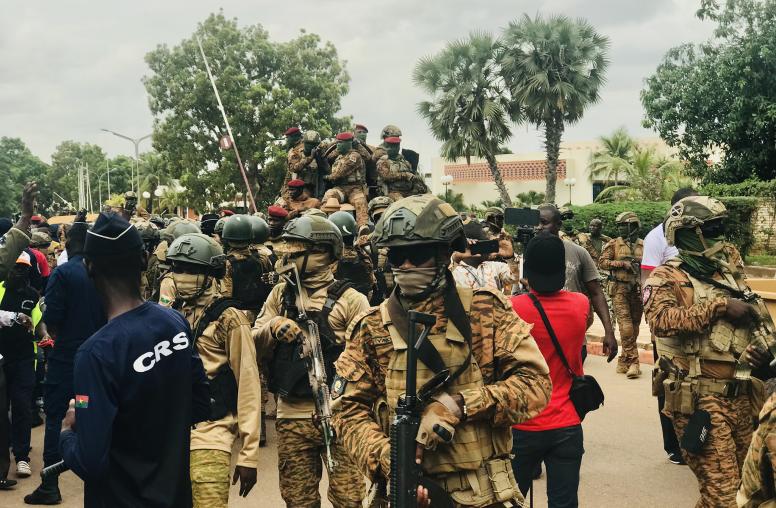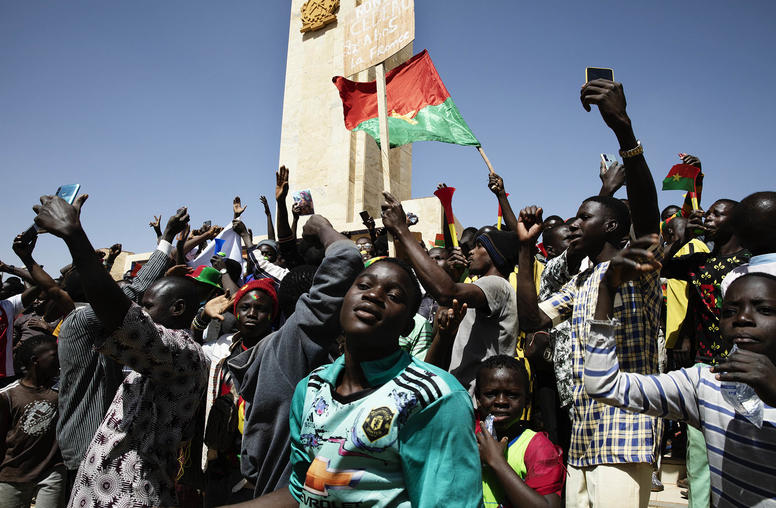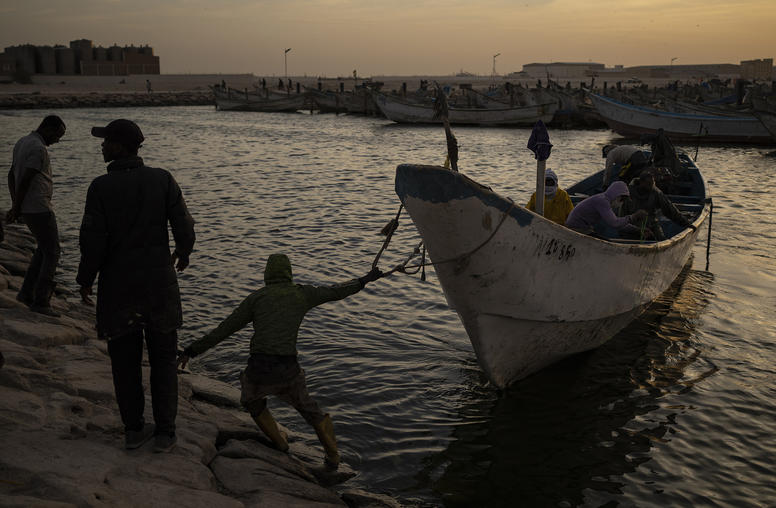Jon Temin on the Breakdown of Stability in Mali

In this short video blog, Jon Temin, director of the Sudan and South Sudan program, discusses the recent breakdown of stability in the African country Mali. Once an apparent pillar of democracy in West Africa, Mali has drastically deteriorated in 2012, with a coup bringing down the elected government in March and a combination of armed groups taking over vast areas of the desert north soon thereafter.
On December 18, a panel at USIP will discuss the root causes of Mali's instability and strategies that can contribute to long-term peace and stability. To register to attend, or to watch the live webcast, visit the event page.



